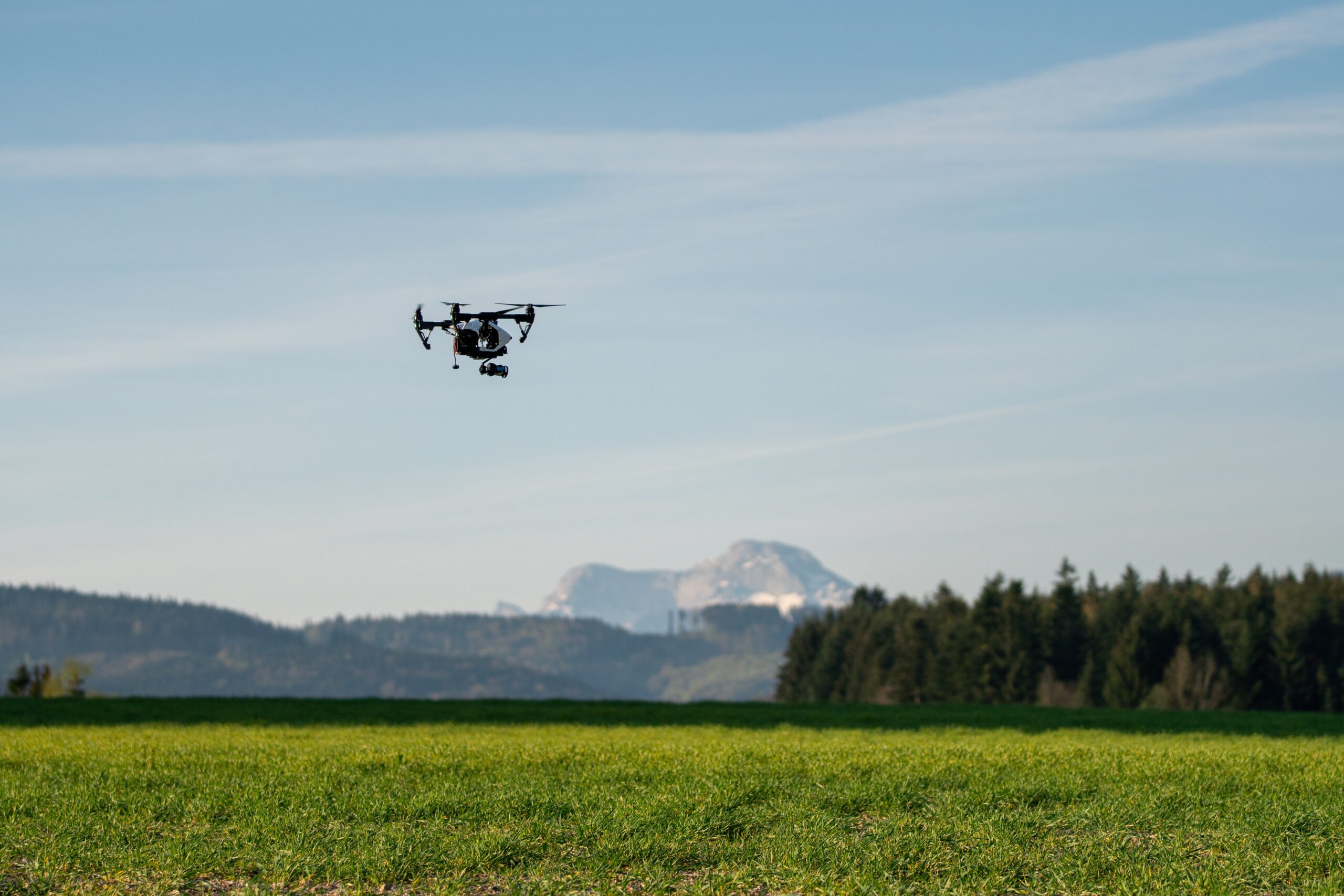Precision agriculture, also known as precision farming, involves the use of technology to optimize various aspects of farming for improved efficiency, sustainability, and productivity. Drones and sensors play a crucial role in this transformation. Here’s how they are revolutionizing farming practices:
- Remote Sensing with Drones:
- Drones equipped with cameras and other sensors provide farmers with real-time, high-resolution aerial imagery of their fields. This helps in monitoring crop health, identifying areas of stress or disease, and assessing overall crop conditions.
- Precision Crop Monitoring:
- Sensors on drones can collect data on soil moisture, nutrient levels, and crop health. This information is then analyzed to create precise maps of the farm, allowing farmers to tailor their actions, such as irrigation and fertilization, to specific areas of need. This targeted approach minimizes resource wastage and maximizes crop yield.
- Automated Field Operations:
- Drones can be programmed for automated flights to perform tasks like crop spraying, planting, or monitoring. This automation reduces the need for manual labor, saving time and costs for farmers.
- Data-Driven Decision Making:
- Sensors embedded in the field collect data on temperature, humidity, and other environmental factors. This data, combined with information from drones, is analyzed using advanced analytics and artificial intelligence. The insights gained help farmers make informed decisions about when to plant, irrigate, fertilize, and harvest.
- Variable Rate Technology (VRT):
- VRT utilizes data from sensors to apply inputs (such as fertilizers, pesticides, and water) at variable rates across a field. This ensures that resources are used optimally, addressing the specific needs of different areas within the same field.
- Cost Reduction and Environmental Sustainability:
- Precision agriculture helps reduce input costs by minimizing the use of water, fertilizers, and pesticides. This not only benefits farmers economically but also contributes to environmental sustainability by reducing the ecological impact of agriculture.
- Integration with Farm Management Systems:
- Data collected from drones and sensors can be integrated into farm management software. This integration allows farmers to track and analyze historical data, plan future activities, and optimize overall farm operations.
The integration of drones and sensors into precision agriculture represents a significant shift in traditional farming practices, offering a more data-driven and efficient approach to crop management. This technology has the potential to make agriculture more sustainable, increase yields, and address the challenges of a growing global population.


